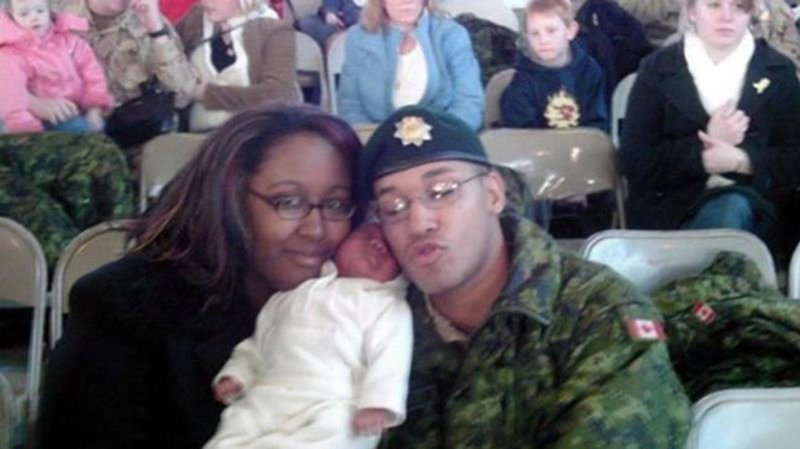
Excessive workloads hurting veterans and staff, former case manager alleges
OTTAWA — A former case manager with Veterans Affairs Canada is speaking out about the overwhelming caseloads, lack of support and toxic work environment that she says are putting severely disabled veterans at risk.
“It’s hard to put your head down at night and feel like you did your job properly,” Lucy Hirayama told The Canadian Press in an interview. “You’re there to help the veteran, and you can’t help them because you’re overloaded with work.”
Hirayama’s decision to come forward follows a series of articles by The Canadian Press that looked at some of the most pressing challenges facing veterans today, including the large number of former Armed Forces members with complex needs assigned to individual case managers.
The series referenced testimony from the Lionel Desmond inquiry in June from Desmond’s case manager about the challenges she faced as she juggled dozens of files before the Afghan war veteran shot and killed his wife, daughter, mother and himself in January 2017.
